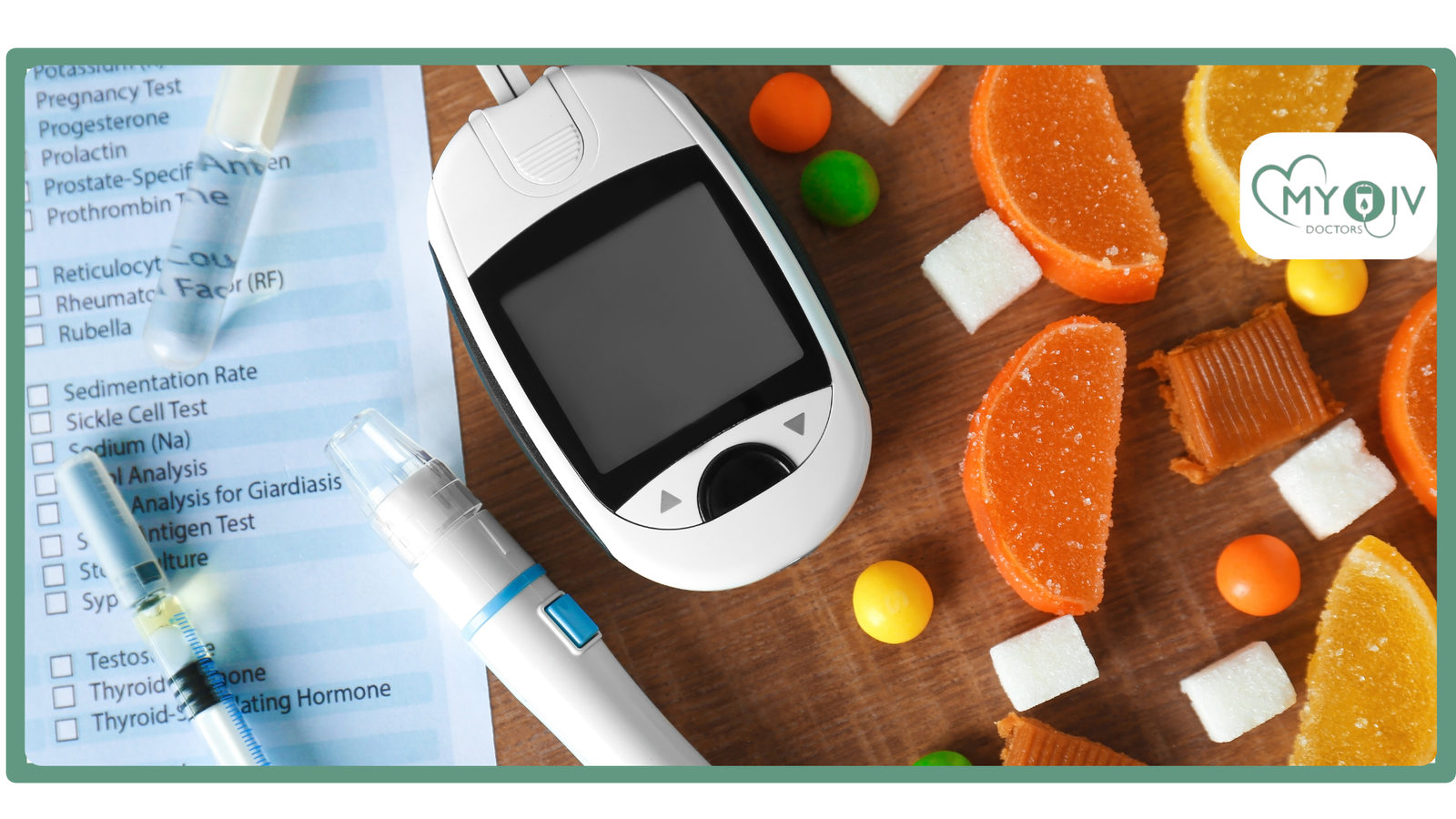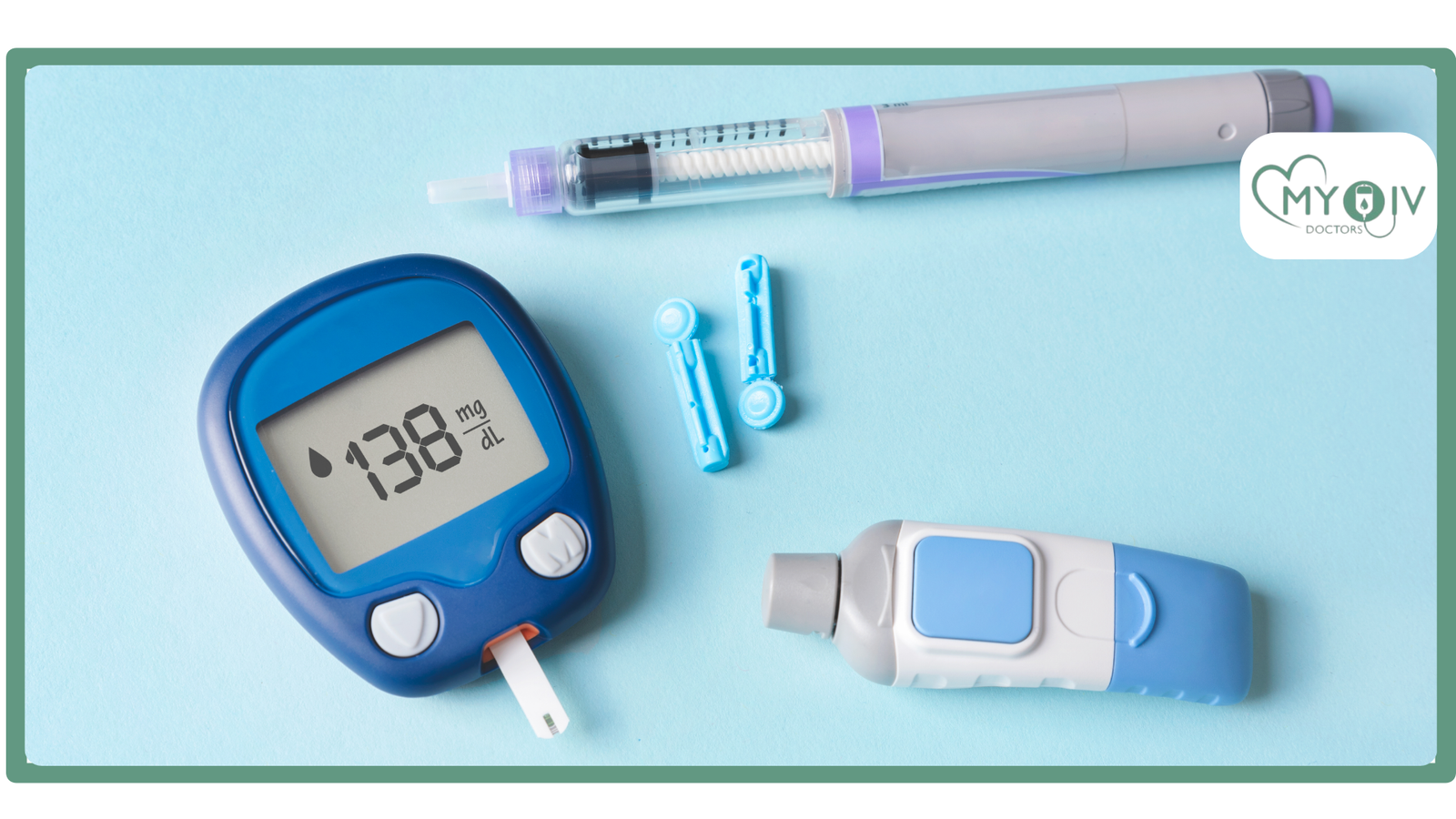If you spend time online, you might have seen people talking about a supplement called Berberine. Some people have even called it "nature's Ozempic." With all this buzz, it's normal to get curious, especially if you are already taking a medication like Semaglutide. This leads to a very important question: "Can Berberine Be Combined with Semaglutide Safely?". Before you add any new supplement to your routine, it's super important to know the facts. Let's look at this question carefully and learn why talking to a doctor is the most important step.
What is Semaglutide and How Does It Work?
First, let's quickly remember what Semaglutide is. Semaglutide is a powerful, real-deal prescription medicine. It has been tested for years in big scientific studies and is approved by the FDA to be safe and effective. It works in a few cool ways. It slows down how quickly your stomach empties, which helps you feel full for a longer time. It also talks to a part of your brain that controls hunger, which helps lower your appetite. On top of that, it helps your body control its blood sugar levels.What is Berberine and Why is it Popular?
Now, let's talk about Berberine. Berberine is not a prescription drug. It's a natural compound that is found in several different plants, like goldenseal and barberry. You can buy it over the counter as a dietary supplement. Berberine has become popular because some small studies have shown it might have health benefits. Research suggests it can help lower blood sugar, which is why people compare it to medicines like Semaglutide. Some studies also show it might have a small effect on weight loss. But it's very important to know that a supplement is not the same as a prescription medicine. While Berberine is popular, it's important not to confuse it with a comprehensive, doctor-led medical weight loss program.The Potential Risks of Combining Berberine and Semaglutide
This is where we need to be very careful. Just because two things do similar jobs in the body doesn't mean they will work well together. Sometimes, they can cause problems. The biggest concern when asking "Can Berberine Be Combined with Semaglutide Safely?" is the risk that their effects could add up in a dangerous way. It's like adding two strong cleaning chemicals together; you might get a bad reaction. The medical team at MY IV Doctors always prioritizes a "safety first" approach when discussing any supplements with your prescription plan.Risk 1: Hypoglycemia (Dangerously Low Blood Sugar)
This is the number one risk to think about. Both Semaglutide and Berberine can lower the amount of sugar in your blood. Your body needs some sugar for energy, like a car needs gas to run. If your blood sugar drops too low, it's a condition called hypoglycemia. If you take both of these at the same time, they could lower your blood sugar too much. This can be dangerous. The signs of low blood sugar include feeling dizzy, shaky, sweaty, or confused. In serious cases, it can even cause you to pass out. This is a very serious reason to be cautious when thinking about taking berberine with Semaglutide.Risk 2: Increased Gastrointestinal Side Effects
Many people who take Semaglutide have some side effects in their tummy, especially when they first start. These can include feeling sick (nausea), having diarrhea, or feeling crampy. These happen because the medicine is slowing your digestion down. Well, Berberine can cause the exact same kinds of side effects! So, if you take them together, you could be doubling up on the tummy trouble. This could make you feel very uncomfortable and make it hard to stick with your treatment.Risk 3: Unknown Drug Interactions
This is another big reason to be careful. Prescription drugs like Semaglutide are studied for many years. The FDA checks them to make sure the dose is always the same and that it is pure and safe. Dietary supplements like Berberine are not regulated in the same way. The amount of Berberine in a pill can be different from bottle to bottle. Also, there haven't been big studies on how it interacts with other medicines. On top of that, Semaglutide slows down your stomach. This could change how your body absorbs the Berberine pill, making its effect unpredictable. You just don't know for sure what will happen. "A note on sustainable care: We believe long-term health management should be affordable. Our Semaglutide (Ozempic) plan is $299/Month, which includes the medication and the crucial ongoing medical supervision needed for safe, continued use. Learn more about our long-term Semaglutide program here."The Verdict: Always Talk to Your Doctor First
So, what's the final answer? The most important thing to know is that there are no official medical rules for taking Berberine and Semaglutide together. Because of the risks, especially the risk of low blood sugar, it is not something you should ever try on your own. The only safe way to answer the question, "Can Berberine Be Combined with Semaglutide Safely?", is to have a long and honest talk with your doctor. Your doctor is the only person who knows your full health story. They can look at the risks and help you make the safest choice for your body. You should never, ever add any new pill or supplement to your routine without getting your doctor's okay first. This is true for all Semaglutide and supplements.Your Health Is Too Important for Guesswork
It's easy to get excited by things you read online. But when it comes to your health, it's always best to be cautious and trust the experts. Your body is too important to experiment with or to take a guess on. So, when you ask, "Can Berberine Be Combined with Semaglutide Safely?", the only correct answer is: "Only if your doctor says it's safe for you." Your health journey should be guided by science and safety, not by internet trends. Before you add any supplement to your plan, book a free consultation to discuss it with our knowledgeable medical team. We also offer services like IV therapy to ensure your body gets the essential vitamins and hydration it needs to support your health journey safely. Authoritative Sources: For more information from trusted experts, you can visit these websites.- Memorial Sloan Kettering Cancer Center - Berberine: https://www.mskcc.org/cancer-care/integrative-medicine/herbs/berberine
- U.S. Food and Drug Administration (FDA) - Dietary Supplements: https://www.fda.gov/food/dietary-supplements







